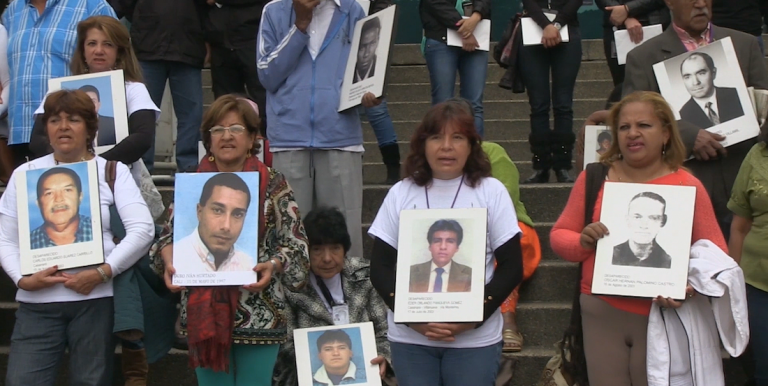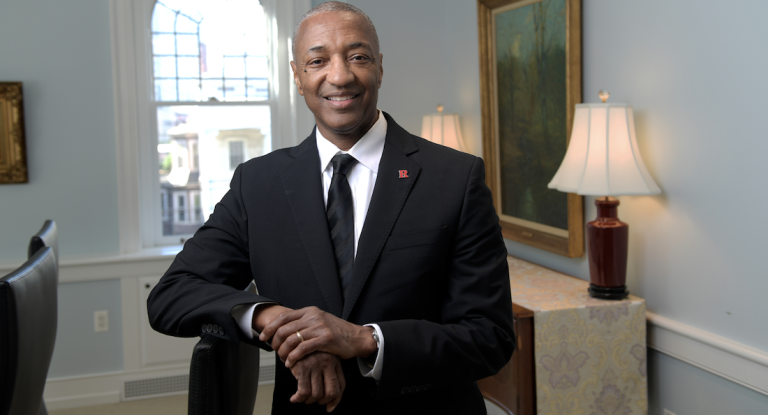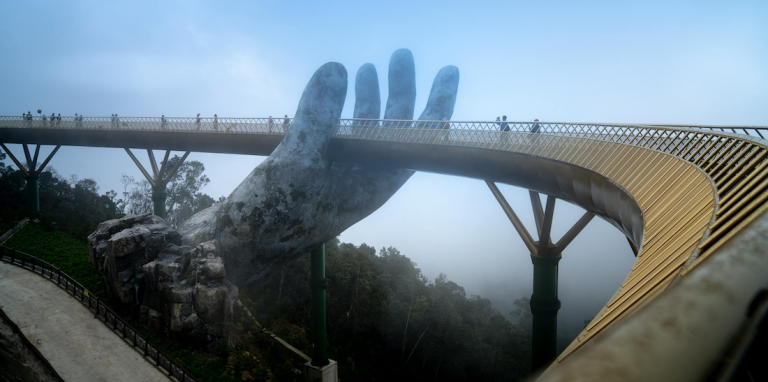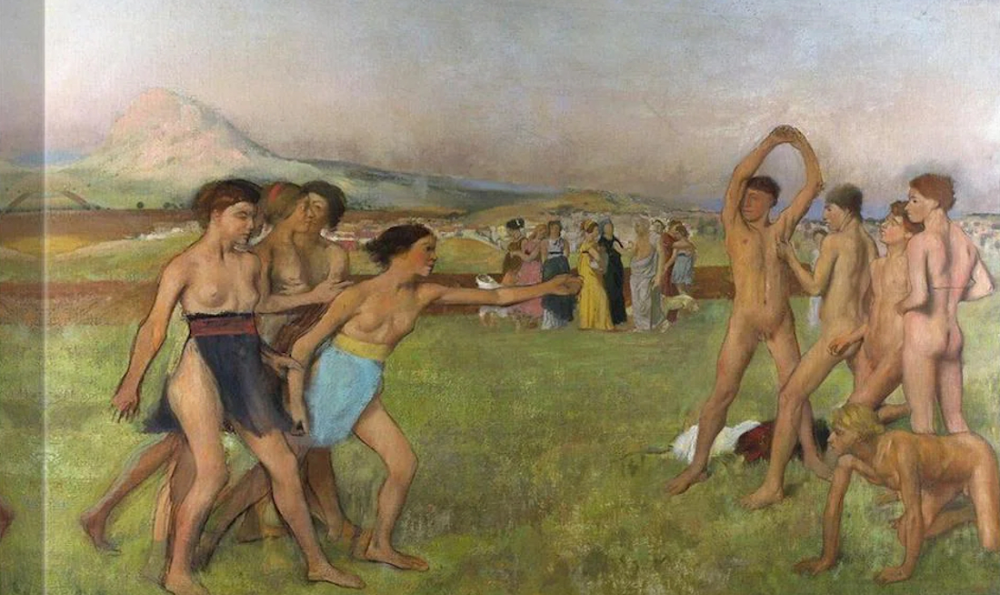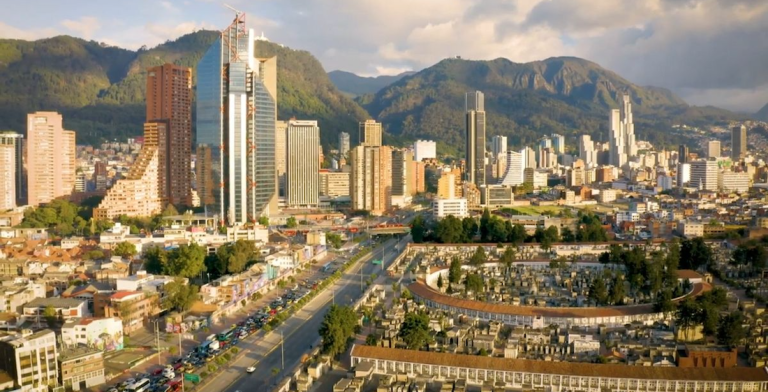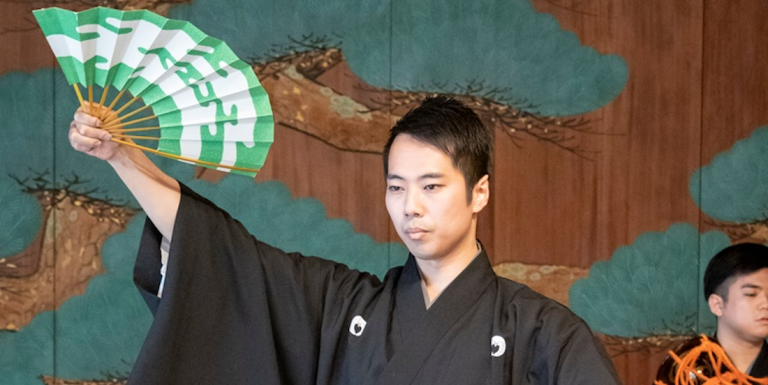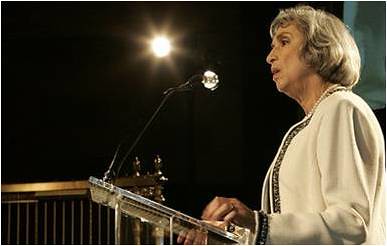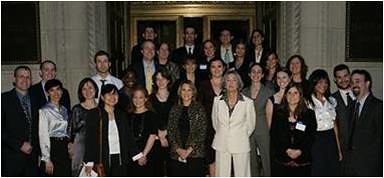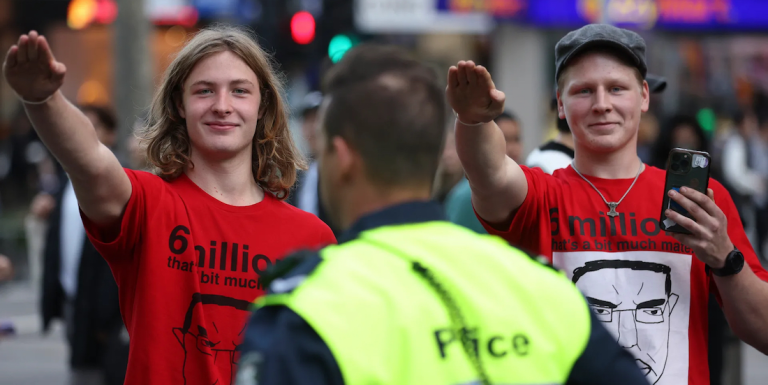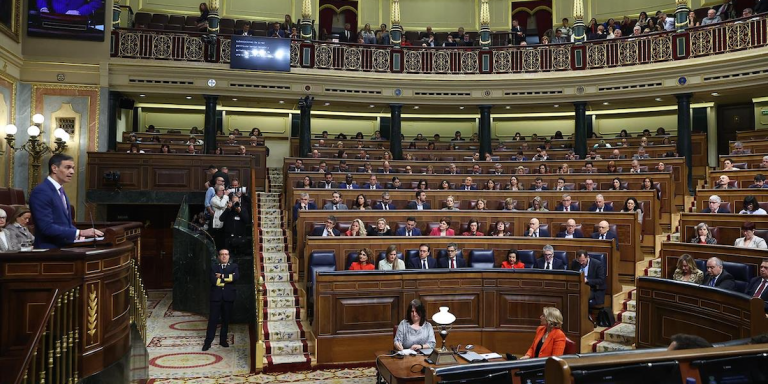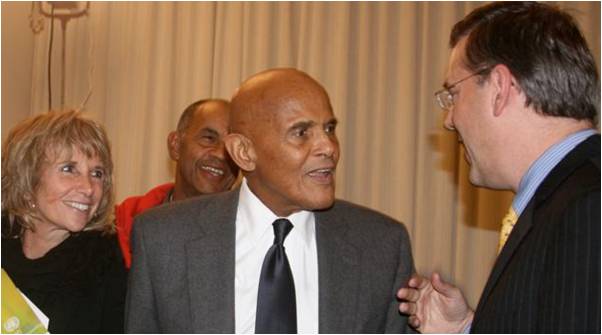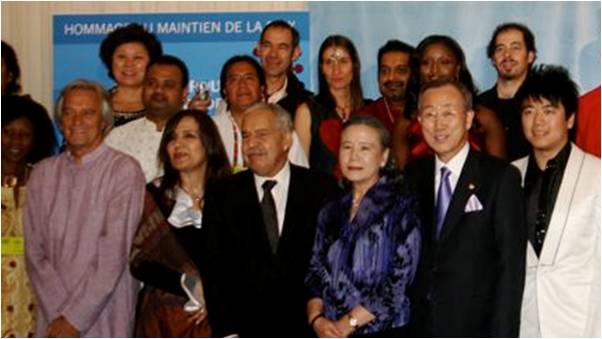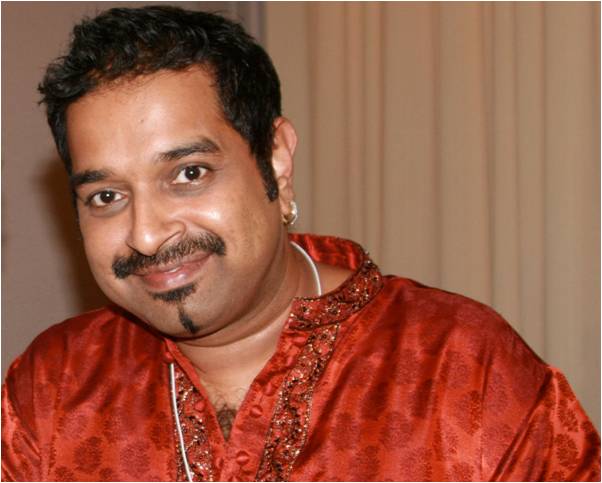Tuke’s Timeless Art Now Available For Contemporary Collectors

New York, N.Y. — The democratization of fine art has reached new heights with the faithful reproduction of works by notable British Impressionist Henry Scott Tuke (1858-1929), whose paintings are now accessible to collectors and enthusiasts through digital reproduction services like Fine Art America.
The Artist Behind the Canvas
Tuke, born to Quaker parents in York, England, developed his distinctive style through training at London‘s prestigious Slade School of Art followed by formative studies in Italy and France.
His exposure to French plein-air painting techniques profoundly influenced his artistic approach, characterized by vibrant light effects and masterful color palettes that captured the Cornish coastline with remarkable authenticity.
As a member of both the Royal Academy and the New English Art Club, Tuke gained recognition during his lifetime within established art circles.
His association with the Newlyn School, an artists’ colony in Cornwall, positioned him among the notable British Impressionists of the late 19th and early 20th centuries.
A Distinctive Artistic Legacy

Tuke’s body of work, comprising over 1,300 pieces created during his prolific career, reflects his dual expertise in figurative and maritime subjects.
While best known for his sensitive depictions of nude young men and boys in sun-drenched coastal settings, Tuke was equally accomplished in portraying sailing vessels with technical precision and atmospheric nuance.
Art historians note that Tuke’s work represents an important contribution to LGBTQ+ artistic expression during an era when such themes required subtle presentation.
His paintings celebrate the male form with dignity and aesthetic appreciation, capturing fleeting moments of youth and freedom against Cornwall’s luminous seascapes.
“Tuke’s work occupies a significant place in art history not just for its technical brilliance but for its cultural context,” explains Dr. Emma Chambers, curator of modern British art at the Tate. “His ability to combine academic precision with Impressionist light effects created something truly distinctive in British painting.”
Preservation Through Reproduction
The digital reproduction of Tuke’s paintings by companies like Fine Art America addresses the dual challenges of preservation and accessibility.

While his original works command substantial prices at auction—with paintings occasionally fetching six-figure sums—high-quality reproductions allow art enthusiasts of modest means to enjoy his distinctive vision.
The process of reproducing Tuke’s work involves sophisticated color-matching technology to capture the subtleties of his palette, from the cobalt blues of Cornish waters to the warm golden tones that bathe his figures.
Conservation specialists note that proper reproduction serves not only to democratize art but also to document works that might otherwise deteriorate over time.
“The challenge with any reproduction is maintaining the emotional impact of the original,” says Michael Gorman, fine art reproduction specialist. “With Tuke’s work, that means capturing both the luminosity and the intimate atmosphere he created. Modern printing techniques allow for remarkable fidelity to his color sensibility.”

Noonday Heat.
Cultural Significance and Contemporary Appeal
Tuke’s artistic contributions extend beyond aesthetic value to cultural and historical significance.

His work provides insight into changing attitudes toward the human form in art and the development of British Impressionism as a distinctive movement separate from its French counterpart.
For contemporary collectors, Tuke’s paintings offer a connection to a specific moment in art history when traditional academic approaches merged with modern sensibilities.
His technical virtuosity combined with emotional resonance continues to appeal to diverse audiences, from serious art collectors to those discovering his work through reproductions.
The growing availability of Tuke’s work through digital platforms coincides with increased scholarly and public interest in previously marginalized artistic voices.
As cultural institutions worldwide reassess their collections and presentation strategies to include broader perspectives, artists like Tuke gain renewed appreciation.

The Sunbathers
Collecting Considerations
For those interested in collecting Tuke reproductions, experts recommend considering several factors: the quality of color reproduction, the substrate used, and the reputation of the reproduction company.

Canvas reproductions typically provide texture similar to original paintings, while archival paper prints offer precision and longevity at a lower price point.
The Royal Cornwall Polytechnic Society, which maintains The Tuke Collection, offers valuable resources for understanding the artist’s technique and development.
Serious collectors might consider visiting Falmouth Art Gallery in Cornwall, which houses significant original works and conducts periodic exhibitions of his paintings.
Digital availability has transformed how contemporary audiences engage with historical artists, bringing previously gallery-bound work into private homes and introducing Tuke’s luminous vision to new generations of art lovers nearly a century after his death.
Henry Scott Tuke Reproductions Available Thru Fine Art America (May 20, 2025)
#HenryScottTuke #LGBTQArtists #BritishImpressionism
#FineArtReproduction #ArtHistory #MaritimeArt
TAGS: art reproduction, Henry Scott Tuke, LGBTQ+ artists, British Impressionism,
digital art, Newlyn School, maritime painting, art collection, Cornish artists, Royal Academy
Audio Summary (75 words)
Henry Scott Tuke, the celebrated British Impressionist painter, is experiencing renewed appreciation through digital art reproduction services. Known for his luminous maritime scenes and figurative works depicting young men in Cornish coastal settings, Tuke’s 1,300+ paintings can now reach contemporary collectors through faithful reproductions. His significant contribution to LGBTQ+ artistic expression and British Impressionism continues to resonate nearly a century after his death, as digital platforms democratize access to his distinctive artistic vision.
Social Media
X:
Tuke’s Timeless Art Now Available For Contemporary Collectors. Digital technology preserves LGBTQ+ British Impressionist’s luminous vision. #HenryScottTuke #ArtHistory bit.ly/TukeArt

Bluesky:
Tuke’s Timeless Art Now Available For Contemporary Collectors. How digital reproduction is preserving this celebrated British Impressionist’s legacy for new generations. #HenryScottTuke #LGBTQArtists bit.ly/TukeArt
LinkedIn:
Tuke’s Timeless Art Now Available For Contemporary Collectors
The intersection of technology and art preservation creates new market opportunities as companies like Fine Art America digitally reproduce Henry Scott Tuke’s celebrated works. This British Impressionist’s 1,300+ paintings now reach contemporary collectors through high-fidelity reproduction, demonstrating how digital innovation can both democratize art and preserve cultural heritage. For art industry professionals, this represents a sustainable model of introducing historical works to new markets.
#ArtIndustry #DigitalPreservation #CulturalHeritage https://www.example.com/tukes-timeless-art-article

Truth Social:
Tuke’s Timeless Art Now Available For Contemporary Collectors. Digital technology brings this British Impressionist master’s work to American homes. See how art preservation meets modern reproduction. #ArtHistory #BritishMasters https://www.example.com/tukes-art
Mastodon:
Tuke’s Timeless Art Now Available For Contemporary Collectors. Discover how digital reproduction is preserving the legacy of Henry Scott Tuke, the LGBTQ+ British artist whose luminous maritime scenes captured the Cornish coast. Nearly a century after his death, his work finds new audiences. #ArtHistory #LGBTQ https://www.example.com/tukes-timeless-art-article
Instagram:
Experience Henry Scott Tuke’s luminous Cornish seascapes and figurative works through museum-quality reproductions! Tuke’s Timeless Art Now Available For Contemporary Collectors.
#HenryScottTuke #LGBTQArtists #BritishImpressionism #ArtCollector #FineArtReproduction Link in bio!
Facebook:
Tuke’s Timeless Art Now Available For Contemporary Collectors
The brilliant work of LGBTQ+ British Impressionist Henry Scott Tuke is now accessible through digital reproduction, bringing his luminous maritime scenes and figurative works to contemporary homes. Discover how companies like Fine Art America are preserving his artistic legacy with faithful color reproduction of his distinctive Cornish coastal paintings.
#HenryScottTuke #ArtHistory #BritishImpressionism https://www.example.com/tukes-timeless-art-article
Reddit:
Tuke’s Timeless Art Now Available For Contemporary Collectors
Henry Scott Tuke created over 1,300 paintings capturing the luminous quality of Cornwall’s coast and its inhabitants. Now digital reproduction makes his work accessible to everyone. What lesser-known artists do you think deserve similar digital preservation efforts?
#ArtHistory https://www.example.com/tukes-timeless-art-article














